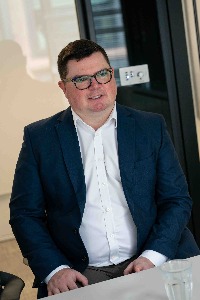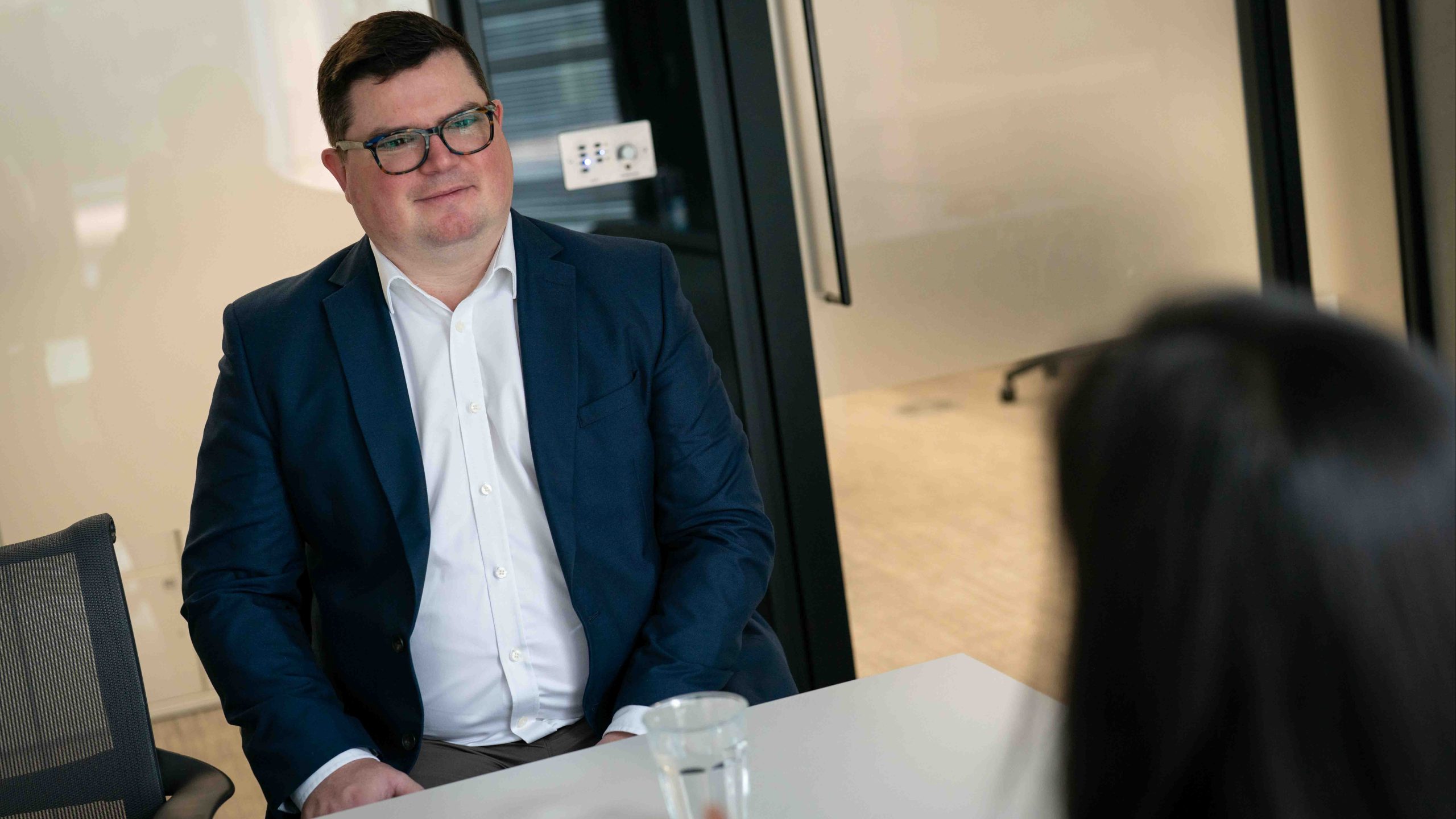After spending the first decade of his career at RBS — now NatWest — Matt Campbell, founder of Stadium Wealth, said his experience in banking shaped his role as an adviser.
Speaking to FT Adviser as part of our Coffee Corner series, Campbell said he worked predominantly in corporate banking, joining the industry in April 2008 — a few months before the financial crisis.
How did your experience in banking transfer to being an adviser?
Campbell explained how he worked in the banking industry for 10 years and said handling personal relationships helped his shift into advice.
“Towards the latter end of my career, I was looking after some large corporations and part of my job was to introduce clients to our private banking arm.

“I realised I was pretty good at that transition between corporate and personal but I felt like the relationship management type job that I was doing was going out of fashion. It was always going to be a declining market.”
As a result, a year before Covid in 2019, Campbell decided to take a six month sabbatical and go and travel around South America.
“I thought I would find some motivation on a mountain top about what to do next in my career.”
Between law, banking, property, it was maybe the one that felt the sort of sexiest at the time.
Key issues in the profession such as the intergenerational wealth transfer, the advice gap, the large numbers of advisers looking to retire over the next few years, help Campbell make his choice to become an adviser.
“I took the opportunity of Covid to do the exams, and then started roughly about four to five years ago.”
Campbell initially joined a small firm as a registered individual on a self-employed basis and then earlier this year began his own firm, Stadium Wealth.
How have you found the transitions throughout your career?
Campbell explained the transition from working for a small firm to becoming self employed has been a far smaller transition than going from enormous corporate to small firm.
“Having been part of someone else’s firm for three or four years, having that ability to make your own decisions, choices and get your own support — I’m finding life easier now than I was as part of someone else’s firm.
“Ultimately, people set their own business up in a way that best serves their client base, and so it’s allowed me to make decisions based around my specific book and my profile of client.”
He said the difference between a large organisation is the support and training you get varies from a small firm where you do not necessarily get as much.
“Even though they are both financial services jobs, I probably underestimated how different they are,” he said.
“If you do start off being self employed then you start with a blank sheet of paper and it takes time to build.”
What are some of the lessons you have learnt and what advice would you share?
“My banking experience and working for a large organisation gave me a certain level of rigour with the decision making process,” he said.
“One of the things that I’ve always felt very strongly about is that running a business is a marathon, not a sprint.
“I would much rather not do something with a client than do something that I’m slightly concerned about.”
Campbell said one piece of advice that others have given him is that if you do the right thing by your clients, you cannot really go wrong and he would pass on the same.
For those coming in, he said he would very much recommend the industry.
“The biggest piece of advice I would give someone is to try and join somewhere where the training and development will be strong,” he said.
“You can go a long way quickly in this industry, you need the support to do it,” he said.
sonia.rach@ft.com




